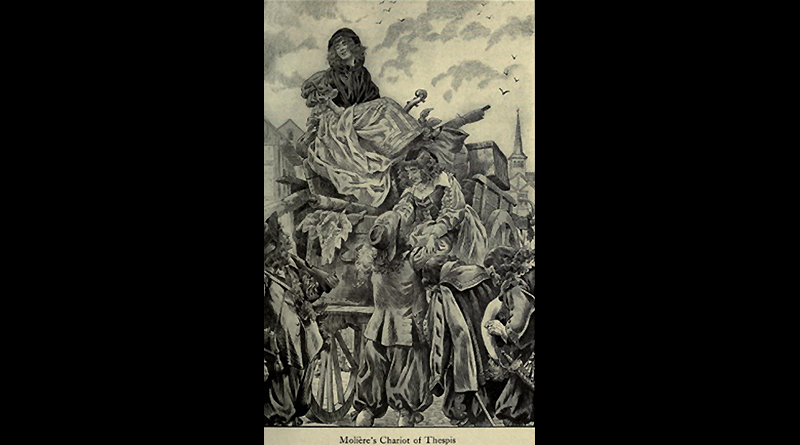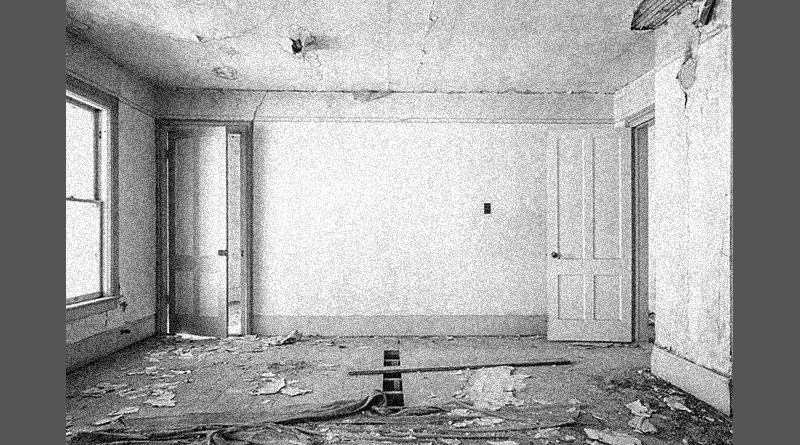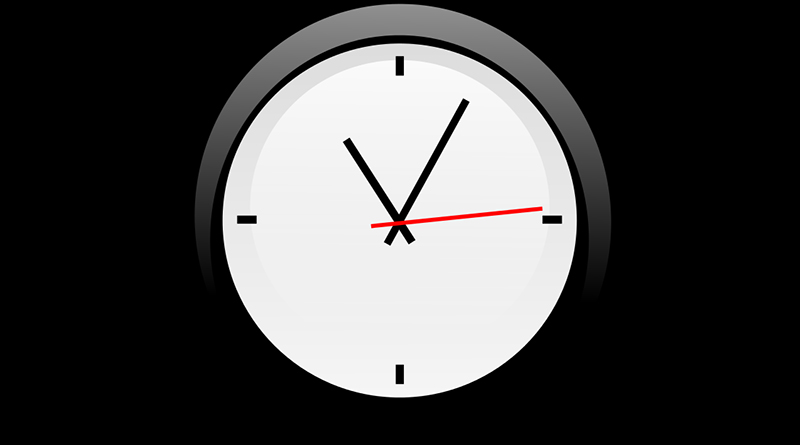Joy of life seems to me to arise from a sense of being where one belongs, as I feel right here; of being foursquare with the life we have chosen. All the discontented people I know are trying sedulously to be something they are not, to do something they cannot do. In the advertisements of the county paper I find men angling for money by promising to make women beautiful and men learned or rich — overnight — by inspiring good farmers and carpenters to be poor doctors and lawyers. It is curious, is it not, with what skill we will adapt our sandy land to potatoes and grow our beans in clay, and with how little wisdom we farm the soils of our own natures. We try to grow poetry where plumbing would thrive grandly! — not knowing that plumbing is as important and honourable and necessary to this earth as poetry.
I understand it perfectly; I too, followed long after false gods. I thought I must rush forth to see the world, I must forthwith become great, rich, famous; and I hurried hither and thither, seeking I knew not what. Consuming my days with the infinite distractions of travel, I missed, as one who attempts two occupations at once, the sure satisfaction of either. Beholding the exteriors of cities and of men, I was deceived with shadows; my life took no hold upon that which is deep and true. Colour I got, and form, and a superficial aptitude in judging by symbols. It was like the study of a science: a hasty review gives one the general rules, but it requires a far profounder insight to know the fertile exceptions.
But as I grow older I remain here on my farm, and wait quietly for the world to pass this way. My oak and I, we wait, and we are satisfied. Here we stand among our clods; our feet are rooted deep within the soil. The wind blows upon us and delights us, the rain falls and refreshes us, the sun dries and sweetens us. We are become calm, slow, strong; so we measure rectitudes and regard essentials, my oak and I.
I would be a hard person to dislodge or uproot from this spot of earth. I belong here; I grow here. I like to think of the old fable of the wrestler of Irassa. For I am veritably that Anteus who was the wrestler of Irassa and drew his strength from the ground. So long as I tread the long furrows of my planting, with my feet upon the earth, I am invincible and unconquerable. Hercules himself, though he comes upon me in the guise of Riches, or Fame, or Power, cannot overthrow me — save as he takes me away from this soil. For at each step my strength is renewed. I forget weariness, old age has no dread for me.
Some there may be who think I talk dreams; they do not know reality. My friend, did it ever occur to you that you are unhappy because you have lost connection with life? Because your feet are not somewhere firm planted upon the soil of reality? Contentment, and indeed usefulness, comes as the infallible result of great acceptances, great humilities — of not trying to make ourselves this or that (to conform to some dramatized version of ourselves), but of surrendering ourselves to the fullness of life — of letting life flow through us. To be used! — that is the sublimest thing we know.
It is a distinguishing mark of greatness that it has a tremendous hold upon real things. I have seen men who seemed to have behind them, or rather within them, whole societies, states, institutions: how they come at us, like Atlas bearing the worid! For they act not with their own feebleness, but with a strength as of the Whole of Life. They speak, and the words are theirs, but the voice is the Voice of Mankind.
I don’t know what to call it: being right with God or right with life. It is strangely the same thing; and God is not particular as to the name we know him by, so long as we know Him. Musing upon these secret things, I seem to understand what the theologians in their darkness have made so obscure. Is it not just this at-one-ment with life which sweetens and saves us all?
In all these writings I have glorified the life of the soil until I am ashamed. I have loved it because it saved me. The farm for me, I decided long ago, is the only place where I can flow strongly and surely. But to you, my friend, life may present a wholly different aspect, variant necessities. Knowing what I have experienced in the city, I have sometimes wondered at the happy (even serene) faces I have seen in crowded streets. There must be, I admit, those who can flow and be at one with that life, too. And let them handle their money, and make shoes, and sew garments, and write in ledgers — if that completes and contents them. I have no quarrel with any one of them. It is, after all, a big and various world, where men can be happy in many ways.
For every man is a magnet, highly and singularly sensitized. Some draw to them fields and woods and hills, and are drawn in return; and some draw swift streets and the riches which are known to cities. It is not of importance what we draw, but that we really draw. And the greatest tragedy in life, as I see it, is that thousands of men and women never have the opportunity to draw with freedom; but they exist in weariness and labour, and are drawn upon like inanimate objects by those who live in unhappy idleness. They do not farm: they are farmed. But that is a question foreign to present considerations. We may be assured, if we draw freely, like the magnet of steel which gathers its iron filings about it in beautiful and symmetrical forms, that the things which we attract will also become symmetrical and harmonious with our lives.
Thus flowing with life, self-surrendering to life, a man becomes indispensable to life; he is absolutely necessary to the conduct of this universe. And it is the feeling of being necessary, of being desired, flowing into a man that produces the satisfaction of contentment. Often and often I think to myself:

These fields have need of me; my horse whinnies when he hears my step; my dog barks a welcome. These, my neighbours, are glad of me. The corn comes up fresh and green to my planting; my buckwheat bears richly. I am indispensable in this place. What is more satisfactory to the human heart than to be needed and to know we are needed? One line in the Book of Chronicles, when I read it, flies up at me out of the printed page as though it were alive, conveying newly the age-old agony of a misplaced man. After relating the short and evil history of Jehoram, King of Judah, the account ends — with the appalling terseness which often crowns the dramatic climaxes of that matchless writing:
“And (he) departed without being desired.”
Without being desired! I have wondered if any man was ever cursed with a more terrible epitaph!
And so I planted my corn; and in the evening I felt the dumb weariness of physical toil. Many times in older days I have known the wakeful nerve-weariness of cities. This was not it. It was the weariness which, after supper, seizes upon one’s limbs with half-aching numbness. I sat down on my porch with a nameless content. I looked off across the countryside. I saw the evening shadows fall, and the moon come up. And I wanted nothing I had not. And finally sleep swept in resistless waves upon me and I stumbled up to bed — and sank into dreamless slumber.
— Adventures in Friendship (published 1910), by Ray Stannard Baker.





